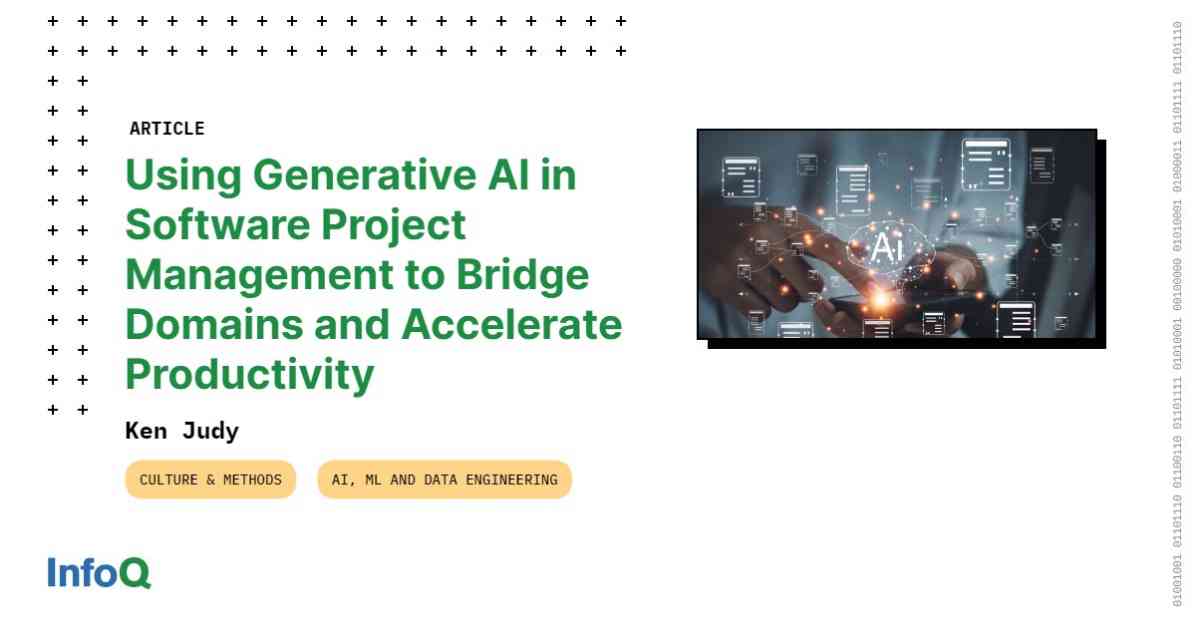As a software professional with over 25 years of experience, I have recently dived back into product work and coding. This year, I have been fortunate to have access to generative AI assistants like Claude3, ChatGPT, Llama2, and MistralAI. These AI tools have significantly enhanced my productivity and efficiency in various aspects of software project management.
One of the key advantages of AI assistants is their ability to bridge gaps between different domains of expertise. They can quickly translate complex technical jargon into understandable language, facilitating communication between business stakeholders and engineers. This translation capability is particularly useful when articulating and understanding project requirements, ensuring alignment with stakeholders, and documenting code effectively.
In my experience, AI assistants have been invaluable for tasks such as learning and discovery. By extracting insights from large volumes of written content, these tools have helped me synthesize information quickly and communicate key findings to my team. For example, I used a threaded LLM chat to analyze customer support tickets and identify common pain points, saving me days of manual work.
Moreover, AI assistants have proven to be essential in articulating project requirements and maintaining alignment with stakeholders. By using tools like Notion to translate product requirements into actionable tasks for engineers, I have streamlined the development process and improved communication between different teams. These tools have helped me create a provisional backlog of work that clearly defines priorities and business value for each feature.
It is important to note that the responsible use of AI technology is crucial in ensuring the privacy and security of sensitive information. Professionals must be mindful of the terms of use and privacy policies of AI services and opt-out of sharing information for training purposes where necessary. Additionally, considerations should be made regarding the power consumption and costs associated with AI tools, aiming to improve the quality of life and productivity of human workers rather than replacing them.
In conclusion, generative AI assistants have proven to be a valuable asset for software professionals, enhancing productivity, communication, and decision-making processes. By leveraging these tools mindfully, professionals can streamline their workflow, reduce monotony, and increase output, ultimately benefiting stakeholders and teams. As we continue to integrate AI technology into our work, it is essential to disclose the role machine-built content plays in our processes, ensuring accountability and accuracy in our work.
